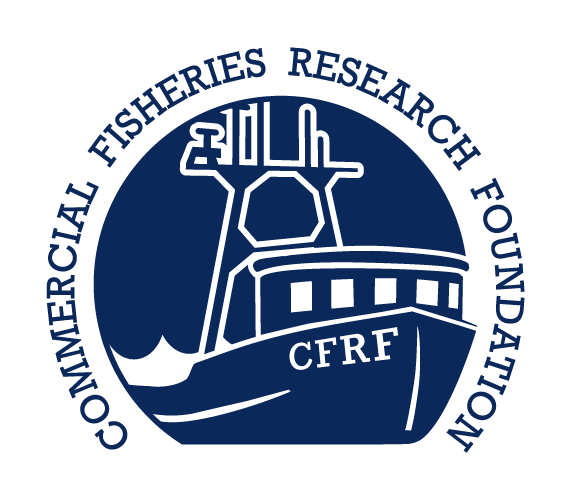During the seven years of work, the CFRF administered $5.8 million that supported over 30 research projects covering subjects such as conservation gear engineering, bycatch reduction, lobster settlement and recruitment, spiny dogfish stock dynamics, discard mortality estimation, fish habitat characterization, shellfish larval dynamics, industry based biological data collection, underutilized species processing, state fishery profiles, and supplementary trawl and trap surveys, among others. Fred Mattera, CFRF Vice President and owner of the Northeast Safety Training Company, noted that “CFRF has been extremely successful in conservation engineering research, establishing a rich dialogue between fishermen and gear experts that has resulted in a number of new tools to minimize bycatch and promote sustainability”.
All of the supported projects are prime examples of collaborative research, as each was carried out by teams of scientists and members of the fishing industry working together through all phases of research, from the development of the research idea, to the execution of research protocols, analysis and sharing of results, and application to management. The results of these projects were far reaching, with the Lobster and Jonah Crab Research Fleet contributing to the 2015 lobster stock assessment and development of the Jonah Crab Fishery Management Plan, quahog and whelk research projects feeding data into state stock assessments and guiding management efforts, the development and distribution of modified fishing gear to reduce bycatch and improve selectivity in the small mesh trawl and dredge fisheries, and the advancement of fish habitat characterization in an area slated for offshore wind energy development. David Spencer, CFRF President and owner of the F/V Nathaniel Lee out of Newport, RI, further remarked that “The CFRF played a critical role in facilitating discussions between fishermen and scientists to develop research ideas, and ultimately in carrying those ideas through to project completion and management application.”
The CFRF will continue working to implement a collaborative approach to fisheries research, engaging the commercial fishing industry in research to address key issues in science and management. For more information about the CFRF and the projects conducted as part of the multi-year NOAA awards, please visit www.cfrfoundation.org.






